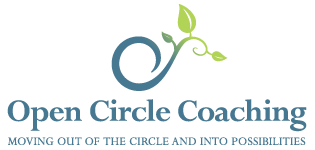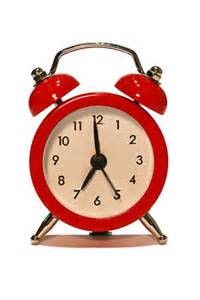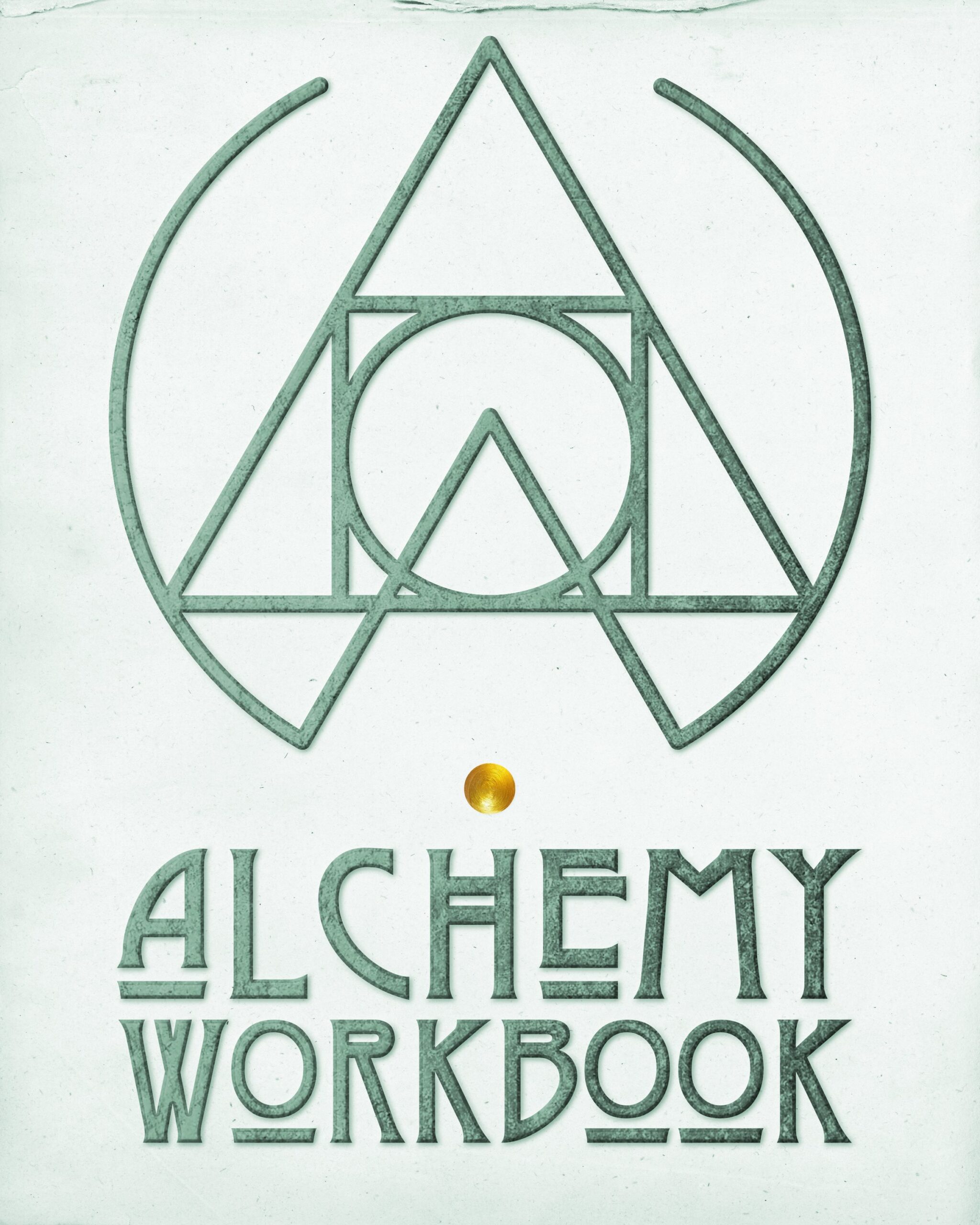What’s Your Morning Habit?
May 31st, 2015 by Kelly Kienzle

Here’s how Laura Vanderkam, author of “What the Most Successful People Do Before Breakfast”, describes the usefulness of mornings:
“In these early hours, we have enough willpower and energy to tackle things that require internal motivation, things the outside world does not immediately demand or reward…. This is when we are working on our careers. For the rest of the day, we are working our jobs.”
For most people, mornings are when we feel most committed, energetic and positive. The morning is when we are rested and, at a minimum, have a so-far-so-good mindset towards the day. What if we could use this mental state to practice a small habit that allowed us to think about our careers, build our knowledge, strengthen our bodies or just have a few protected moments to do something for ourselves?
How would that alter your day?
But perhaps you feel that this early morning ambition is not for you. Have you been saying for forever that you’re not a morning person? Then consider this question: When you accomplish something in the morning, how does that affect the remainder of your day? When you accomplish a task in the evening, what’s your mood or emotional reaction then?
If our answer to the first question is: energized to do more and rather proud that something has already been completed, then mornings could become our secret weapon. If our answer to the second question is: relieved that I narrowly escaped missing a deadline, then we may have gained some insight into why we feel so frustrated or stressed at the end of the day.
I work with many people, myself included, who struggle to stay on top of email, client requests, and meetings. The flow is never-ending and we sometimes wonder how we could ever get out ahead of this Sisyphean task. We wonder how we could be so busy yet not feel truly productive.
But what if we re-framed the problem from how to be more productive, instead to when to be more productive? What if we harnessed and dedicated those morning hours to using our imagination, creativity and longer-view skills? We could still keep the remaining (and majority) of hours for managing the multiple needs and ongoing responsibilities that any job requires of us.
If you could design your ideal morning hours, what would you do? Where would you be? When would it happen? What would your one, new habit be?
Try out your new morning habit for a week and notice how it affects your mood, your productivity and your feeling of controlling your life again. You may find that your next productivity tool is your alarm clock.
“I have a great deal of company in the house, especially in the morning when nobody calls.”
– Henry David Thoreau






